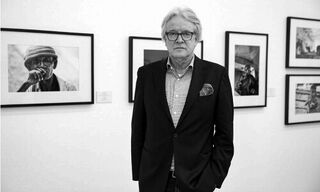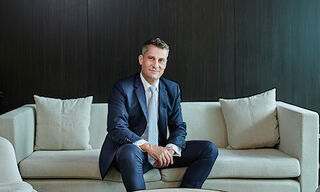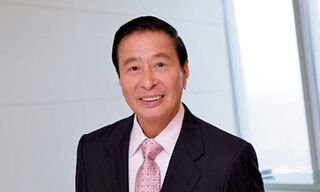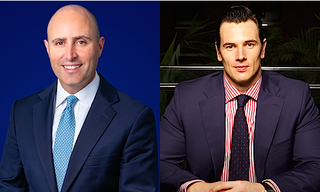UBS Profits Lower on All Fronts
UBS reports solid third-quarter results in the face of myriad headwinds. Higher interest rates and cost management helped.
Switzerland's largest bank booked a net profit of $1.733 billion in the third quarter, helped by rising interest rates around the globe and expense controls contributing to the «solid» performance in the third quarter. Nevertheless, profits are 24 percent lower than in the same period a year ago, UBS said in a statement.
Although pre-tax profit fell 19 percent from a year ago to $2.3 billion for the quarter, it was the ninth consecutive quarter that UBS booked a pre-tax profit above $2 billion.
«The macroeconomic and geopolitical environment has become increasingly complex. Clients remain concerned about persistently high inflation, elevated energy prices, the war in Ukraine, and (the) residual effects of the pandemic. In Switzerland, many of our retail and small business clients will also be impacted by disruptions across the rest of Europe,» said UBS CEO Ralph Hamers.
On a diluted basis, earnings per share were $0.52 in the third quarter after $0.61 in the second and $0.63 in the third quarter of 2021.
Wealth Management
Despite the challenges, the world's largest wealth manager was still able to attract net new money. In the third quarter, the global wealth management (GWM) unit took in $17.1 billion of net new money, bringing the total to $36.9 billion for the first nine months of the year.
Fee-generating assets fell to $1,182 trillion in the third quarter, marking a 5 percent contraction from the $1.244 trillion in the second quarter and a drop of 16 percent from the $1.412 trillion a year ago.
GWM revenues fell 4 percent compared to a year ago to $4.8 billion, which included a $133 million gain from the domestic wealth management business in Spain and $86 million from the disposal of UBS Swiss Financial Advisors. There was also a $100 million gain from the sale of its domestic wealth management business in Austria.
Central banks raising their interest rates helped the unit as well which saw net interest income increase 23 percent, even though overall deposits decreased, driven by higher deposit revenues, the result of rising interest rates.
In the Asset Management unit, net new money was $17.9 billion.
Share Buybacks
The bank bought back $1.0 billion of its shares during the third quarter, bringing the year-to-date total to $4.3 billion, with a total buyback of $5.5 billion planned for 2022.
Tier 1 Capital
UBS reported a Tier 1 capital ratio of 14.4 for the third quarter, down from 14.9 a year ago, although slightly higher than the 14.2 in the second quarter. It had a CET 1 leverage ratio of 4.51 percent, with both third-quarter figures exceeding guidance of around 13 percent and above 3.7 percent respectively.
The bank's return on CET 1 capital was 15.5 percent in the quarter and 17.8 percent through the first nine months of the year and within the guidance range of 15 to 18 percent.
Headcount Rises
The number of full-time employees (FTEs) stood at 72,009 at the end of the third quarter, up from 71,294 in the second quarter, and higher than the same quarter a year ago when the number of FTEs was 71,427.
Despite the higher headcount, personnel costs fell by $282 million to $4.2 billion which was driven by lower compensation for financial advisors.
Challenging Outlook
UBS expects that the muted private client sentiment in activity evident in the third quarter may continue in the fourth quarter in the face of myriad economic and geopolitical challenges.
Lower asset values will hurt UBS's recurring net fee income, while the weak client sentiment may affect net new assets in the asset-gathering business. On the other hand, higher interest rates are expected to positively impact net interest income.
more to follow



























